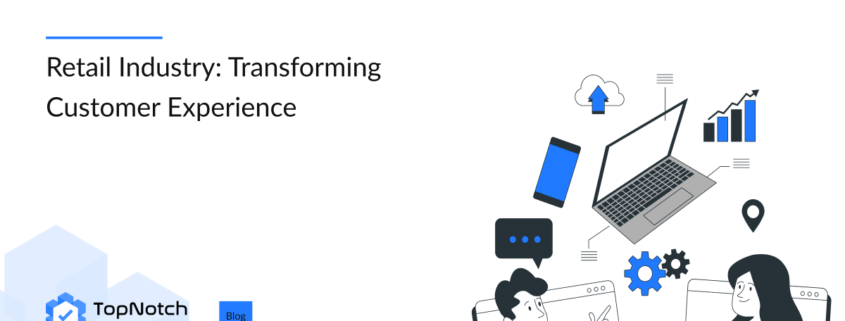Retail Industry: Transforming Customer Experience
Introduction: The retail sector faces growing customer expectations, including personalized shopping experiences, fast service, and real-time access to inventory. Microsoft Power Platform provides the tools retailers need to automate customer service, inventory management, and order fulfillment.
Challenges in Retail:
- Managing inventory across multiple channels and locations
- Providing personalized customer experiences
- Handling fluctuating demand and supply chain disruptions
- Engaging with customers across digital platforms
How Power Platform Helps:
- Power Apps: Automating inventory management, stock-level updates, and order processing. Retailers can create apps to manage stock levels, track orders, and ensure efficient deliveries.
- Power Automate: Automating communication with customers, such as sending personalized offers, order status updates, and feedback requests.
- Power BI: Offering insights into customer behavior, sales trends, and inventory status to help retailers make data-driven decisions.
Example Case Study: A retail chain uses Power Automate to automate order tracking and customer service responses, significantly reducing response time and improving customer satisfaction.
Retail Industry Benefits of Power Platform:
- Faster inventory management with real-time stock-level updates
- More personalized customer service, improving engagement and sales
- Better data-driven decision-making through powerful analytics
- Reduced operational costs through automation of routine tasks
Conclusion: Microsoft Power Platform offers the tools that can revolutionize the retail industry by providing automation, real-time insights, and personalized customer experiences, all of which contribute to increased sales and improved customer satisfaction.
